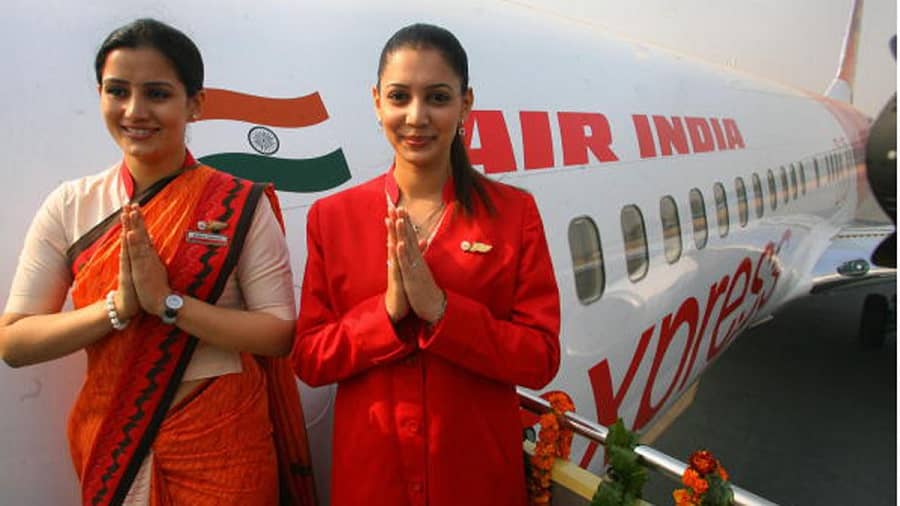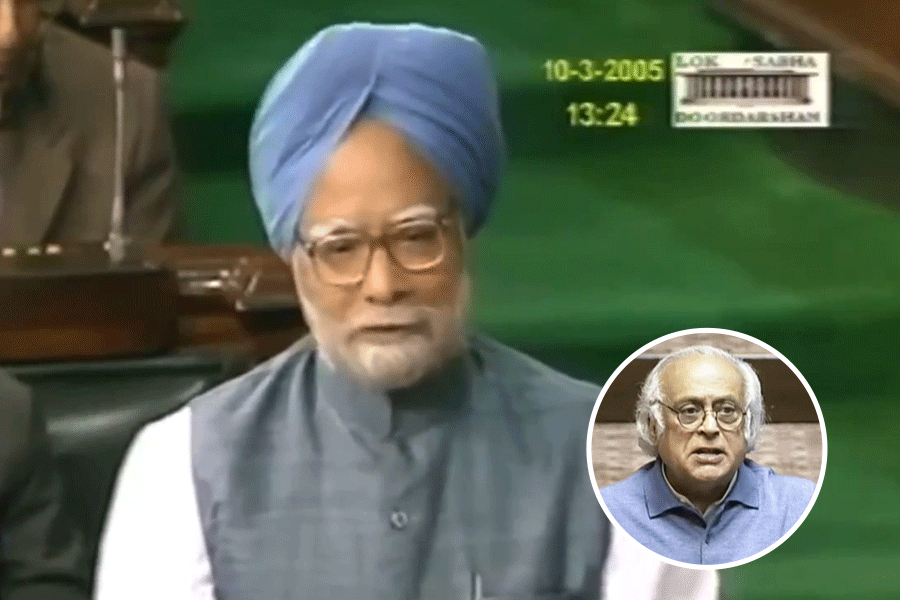Mehmet Ilker Ayci of Turkey has turned down the offer to be the chief executive of Tata Group’s Air India, counting himself out days after an RSS-backed outfit opposed his appointment because of his previous political links.
Ayci said in a statement that he had read attempts “to colour my appointment with undesirable colours” in some sections of the Indian media. “As a business leader who has always prioritised professional credo... I have come to the conclusion that it would not be a feasible or an honourable decision to accept the position in the shadow of such narrative,” he added.
Ayci’s departure even before arrival sets an alarming precedent by weaponising pressure groups that use ideological yardsticks and the excuse of “national security” to undermine professional decisions taken by private investors.
A former chairman of Turkish Airlines, Ayci was an adviser in 1994 to Turkish President Tayyip Erdogan when the politician was mayor of Istanbul. Erdogan is considered an ally of Pakistan, and he had made adverse comments about the dilution of Article 370 in Jammu and Kashmir.
Last week, the Swadeshi Jagran Manch, known as the economic wing of the RSS, had said the government should not approve Ayci’s appointment as it could compromise “national security”.
With the Narendra Modi government handling such outfits with kid gloves, the Manch had expressed confidence that the Centre would toe its line. “I think the government is already sensitive to the issue and has taken up the matter very seriously. I don’t think the government will approve it,” Ashwani Mahajan, the Manch’s co-convenor, had told PTI on Friday.
Some foreign media reports had suggested Ayci had allegedly facilitated investments of a one-time al Qaida financier.
The appointment of a foreign national as CEO of an airline in India requires government clearance before it can proceed.
A government source had told Reuters last week that India is conducting more stringent than usual checks in the case of Ayci and Air India because security agencies have flagged concerns about his links in Turkey.
On February 14, the Tatas had announced Ayci’s appointment as CEO of Air India, the state-run, debt-laden airline that was taken over by the industrial group in January after stumping up a winning bid of Rs 18,000 crore. The Tatas have paid only Rs 2,700 crore in cash for the airline; the remaining Rs 15,300 crore is the debt obligation that they have assumed.
Ayci said in the statement that in a recent meeting with Tata chairman N. Chandrasekaran, he declined to take the post. A spokesperson for the Tatas confirmed the development.
The Manch had not written any letter to the government or put out any statement opposing the appointment of Ayci.
“As such, we didn’t write any letter to the government. However, the Manch has been opposed to the appointment because of national security concerns and wanted the government not to approve it,” Mahajan told The Telegraph on Tuesday.
“We had a firm belief that since the current government is very sensitive about national security, it would take the matter very seriously and not approve the appointment. We are happy that the chapter is closed from the other end,” Mahajan added.
This is not the first time outfits and publications directly or indirectly associated with the RSS have displayed their might — with the government endorsing them by choosing to remain silent or coming up with a feeble disagreement in the face of uproar.
In the recent past, Panchajanya, a Hindi magazine that is known to echo the views of the RSS, had accused Infosys of aligning with “anti-national” elements to destabilise the Indian economy.
This was followed by retail giant Amazon being called “East India Company 2.0” by the same magazine in a cover story.
In both cases the government remained silent. Later, asked during a media address about the attack on Infosys, finance minister Nirmala Sitharaman came up with a feeble disapproval.
Such cases have lent credence to a perception that although Prime Minister Modi is seen to be in “total control”, the RSS continues to guide and exert pressure on key policy decisions, using the pretext of “national security” and “Indian or Hindu ethos”.
Additional reporting from Reuters











